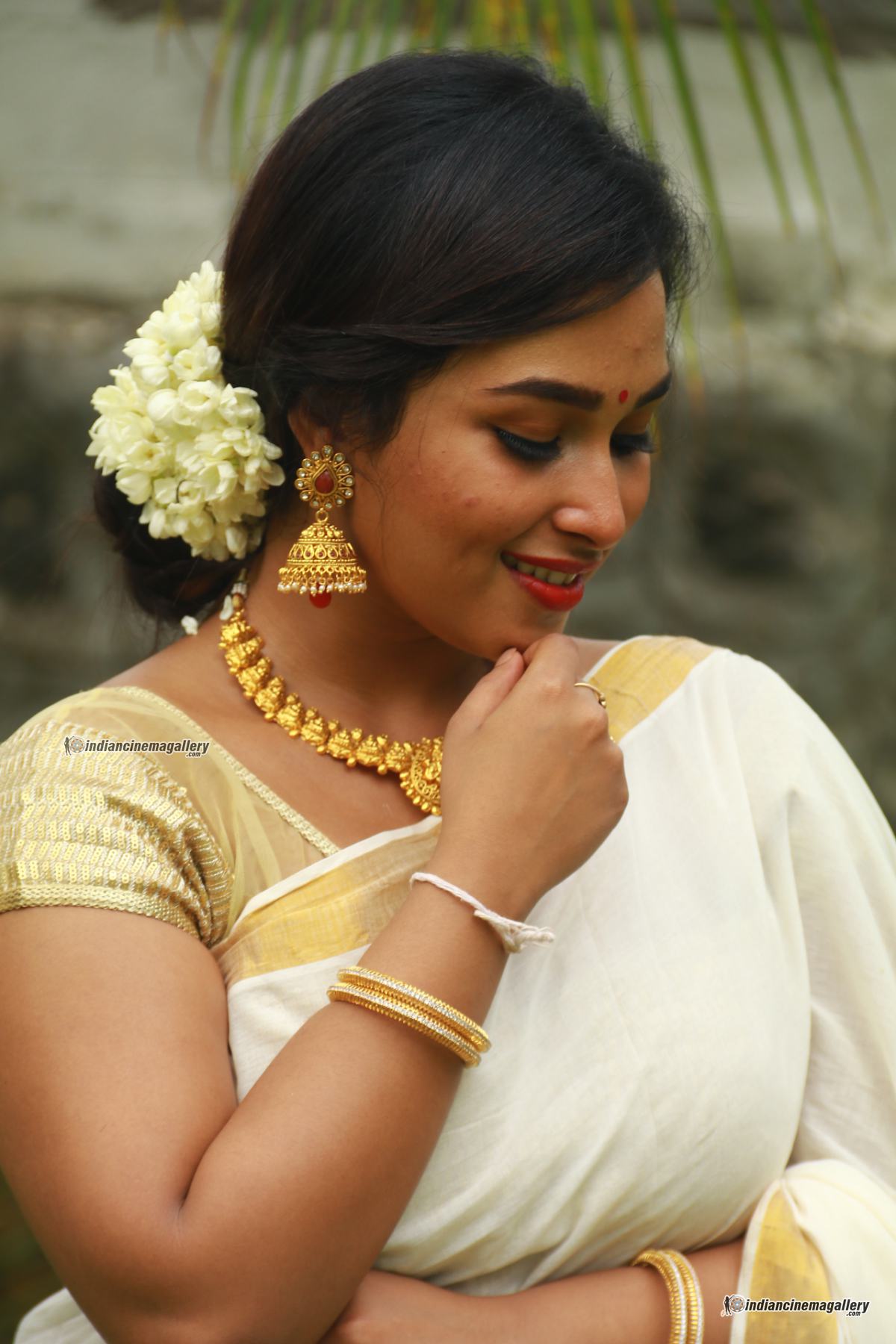Is it possible to have an open conversation about intimate topics like oral sex before marriage within Punjabi culture? A bold statement must be made here: the cultural landscape of Punjab is evolving, and with this evolution comes a necessity for more honest discussions around sexuality. As societies modernize, traditional values often clash with contemporary practices, leading to complex social dynamics. In regions such as Punjab, where family honor and societal expectations hold significant weight, addressing issues like premarital relationships and sexual health becomes particularly challenging yet increasingly necessary.
If we consider a hypothetical scenario in which a young woman from the United States is expected to enter into an arranged marriage but has had prior romantic experiences, including long-term relationships involving physical intimacy, how might her community react? This situation highlights the tension between individual autonomy and collective norms. For instance, if she were Punjabi-American, the discovery of her past could lead to judgment or even ostracization by certain members of her extended family or close-knit community circles. Such reactions stem not only from religious teachings but also from deeply ingrained cultural beliefs surrounding purity and fidelity.
| Name | Priya Punjabi |
|---|---|
| Age | 32 years |
| Place of Birth | Ludhiana, Punjab, India |
| Education | Bachelor's Degree in Sociology |
| Career | Content Creator, Social Activist |
| Professional Focus | Gender Equality, Sexual Health Awareness |
| Website | Amaretto's World |
When Amaretto's World engaged in a candid dialogue with her Punjabi mother regarding matters of sexuality, the exchange revealed both generational gaps and shared human experiences. The conversation was initiated by asking, Mum, what did you always want to ask me about my sex life? While initially met with discomfort, the discussion eventually fostered mutual understanding. It demonstrated that despite differing levels of exposure to Western influences, there exists a universal curiosity and concern regarding personal boundaries and emotional well-being.
Moreover, Priya Punjabi, whose online presence reflects her introspective nature and commitment to kindness, contributes significantly to these dialogues. Through her creative endeavors, she addresses themes related to identity, love, and self-discovery. Her work serves as a testament to the power of storytelling in bridging cultural divides and promoting empathy among diverse audiences. By sharing personal anecdotes and insights, individuals like Priya help demystify subjects traditionally shrouded in secrecy.
It is essential to examine broader trends influencing gender roles and reproductive choices within Punjab. Research indicates that changes in sex composition and fertility behaviors correlate strongly with educational attainment among young women. Schooling empowers females to make informed decisions about their bodies and futures, thereby challenging outdated stereotypes. However, progress remains uneven across rural and urban areas, underscoring the need for targeted interventions aimed at reducing disparities.
In recent years, improvements in the sex ratio in Punjab have been noted compared to previous census data. Nevertheless, ongoing assessments through tools like the National Family Health Survey reveal persistent challenges requiring attention. Addressing these issues necessitates collaborative efforts involving policymakers, educators, healthcare providers, and community leaders. Only through comprehensive strategies can meaningful advancements toward gender equality and reproductive justice be achieved.
A deeper dive into concepts such as gender dysphoria, transitioning, and detransitioning further enriches our understanding of human sexuality. Exploring why people engage in sexual activity—from biological drives to emotional connections—provides valuable context for navigating complex identities. Resources like Angela Chen's exploration of asexuality offer alternative perspectives that expand the discourse beyond conventional frameworks. Such inclusivity strengthens the foundation upon which future generations can build equitable societies.
Ultimately, fostering environments conducive to open communication about sensitive topics requires patience, respect, and courage. Whether discussing premarital relations within Punjabi communities or advocating for global gender equity, every voice matters. Embracing diversity and encouraging authentic expression enables us to transcend cultural barriers and create spaces where all individuals feel seen, heard, and valued.


.jpg)
